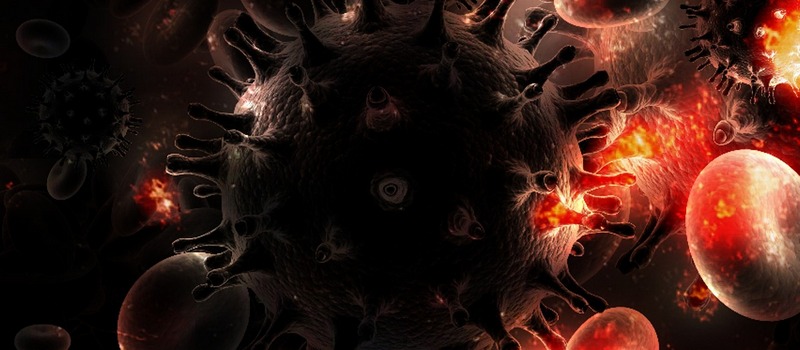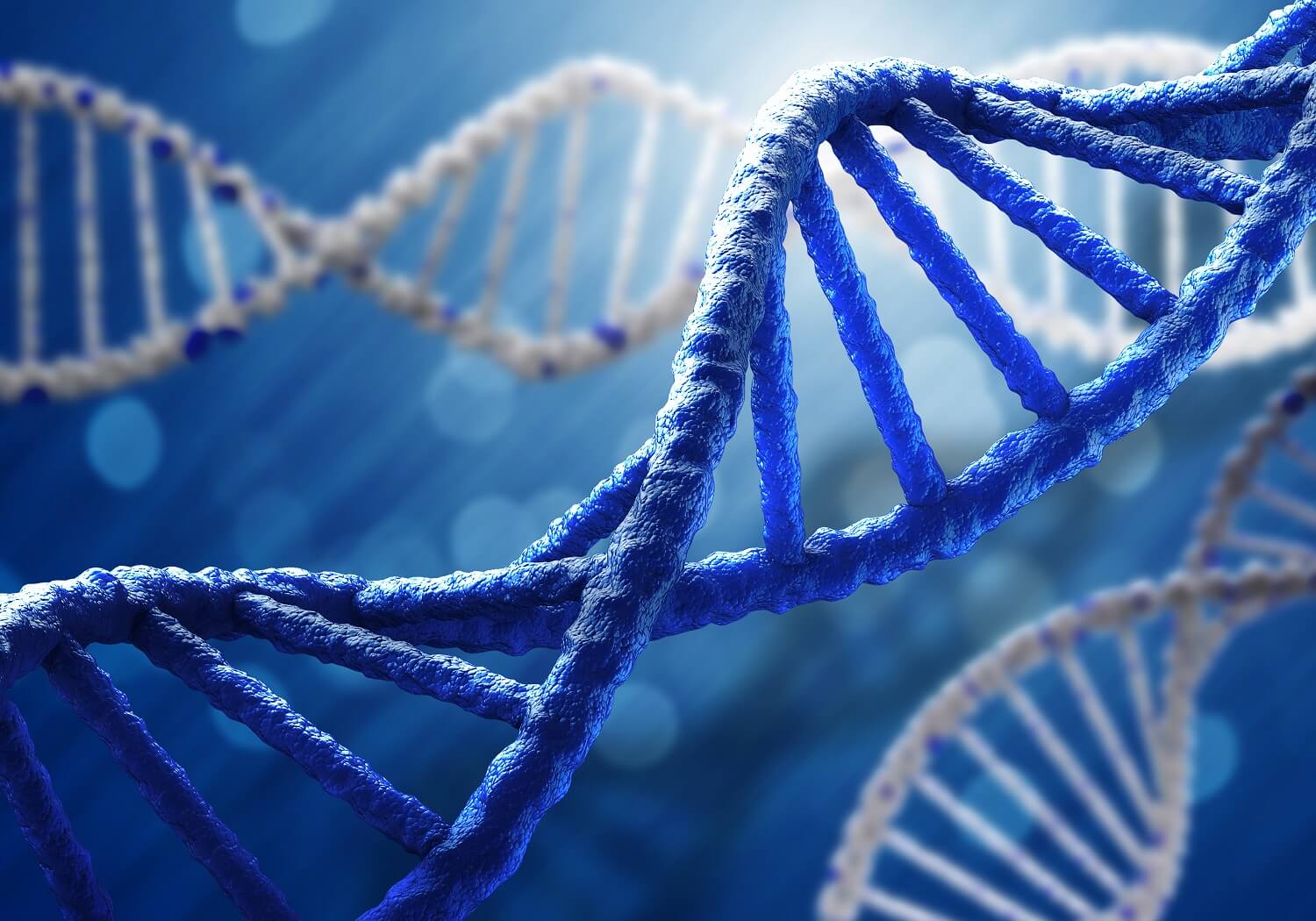Human beings exhibit a unique trait of hand preference within the animal kingdom, the benefits and causes of which are still mostly unknown after decades of research. It turns out that such a seemingly trivial characteristic is actually governed by an incredibly complex interaction of evolutionary and environmental factors that might not give us a straightforward answer anytime soon.
Hand dominance or handedness is quite possibly the most studied behavioral asymmetry in humans. Whereas animals show an even split in hand preference, roughly 90% of people stick to their right hand for performing everyday tasks, a statistics that remained unchanged for over 5.000 years. Extensive research on the topic identified a plethora of factors are involved, including sensory-motor experience, environmental factors and genetic predisposition, the latter of which seems to be contributing the most.
Interestingly we are not born hand-dominant, but rather develop a preference for one hand after roughly 6 months of age. This is not to disprove a genetic role, as handedness does appear to run in families and several genes have been attributed to it in recent studies. But it also implicates a very important environmental influence in early infancy, which likely shapes our behavior hand-in-hand with our genetic predisposition. Think about it, if right-handedness was a purely evolutionary consequence, why would lefties even still exist?
“Handedness is a complex trait, there are hundreds of genes involved. There are also lots of environmental influences ” said William Brandler, a geneticist form the University of Oxford.
Another popular theory states that handedness could be associated with the level of dispersion of neural centers within the brain. Humans possess the most asymmetrical brains in the animal kingdom, which could explain why hand dominance could be unique to our species. Studies even lined out a number of behavioral traits associated with hand dominance, although a robust cognitive model appears to be elusive. However, being left-handed will more likely score you a seat in the oval office.
To conclude, it appears that we haven´t yet uncovered a straightforward reason for why we prefer one hand over the other and it could be there simply isn´t one. Our behavior is governed by millennia of evolutionary leftovers as well as the sudden shift from hunters and gatherers to thinkers and selfie-takers. Handedness is likely a highly dynamic trait within our societies, shaped by a complex net of genetics and the environment.
Find out more about the differences of lefties and righties in the video bellow:
By Luka Zupančič, MSc, University of Applied Sciences Technikum Vienna











